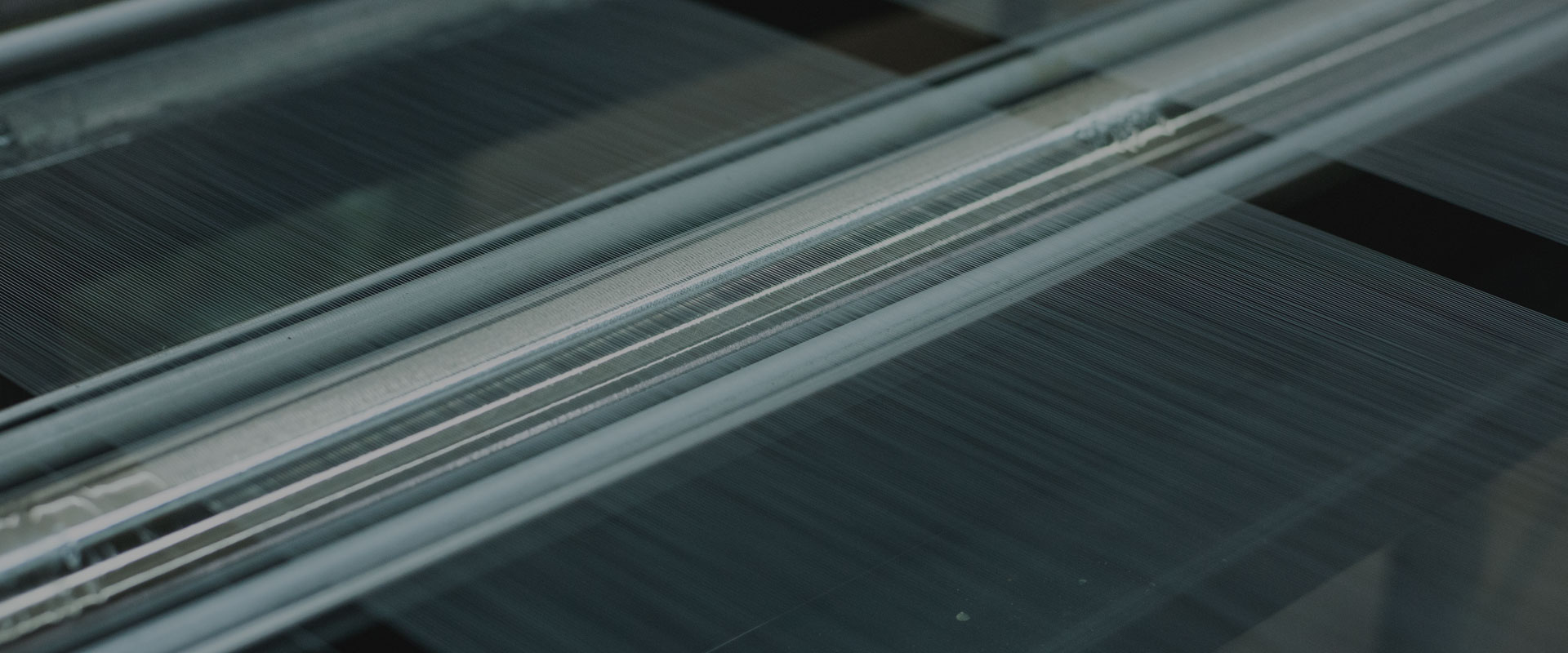Projects

Prospie
In 2010–2012 JSC “Pakaita“ participated in the project “Protective Responsive Outer Shell for People in Industrial Environments“ (PROSPIE). The partners of this project: Netherlands, Belgium, Denmark, Italy, Switzerland, United Kingdom, Germany, Lithuania.
In the Prospie-project a new generation of personal protective equipment (PPE) was developed and produced. The special feature of the PPE is a dynamic cooling system that prevents the worker to become hyperthermic. Although sweat evaporation is an excellent cooling mechanism for work in the heat, this system is compromised when working in protective clothing. The body temperature rises and consequently the vigilance and task performance decrease. Eventually the worker has to abandon his task due to incompensable heat strain.
Prospie aims to supply the worker with personal protective equipment that enables him or her to work longer in protective clothing with less discomfort. Innovative cooling methods, like forced ventilation, phase change materials and encapsulated endothermic salts, is integrated with protective clothing. Sensors in the suit measure relevant physiological data, such as skin temperature, heat flux and heart rate, to assess the thermal status of the worker, and the environmental conditions (temperature, relative humidity). The physiological signals are used in an algorithm that generates a warning signal when a certain safety threshold is surpassed. Data also is transferred to industrial safety systems in order to alert rescue workers if needed. The operational benefit of prototypes of the suit is determined in a controlled setting as well as in the industry where protective suits are indispensable.
The results is disseminated to standardization organizations, the industry and public procurement organizations. A training program will be made that focuses on the acceptability of the system by SME’s and end-users. Although the system aims to contain the newest technology, human factors and practical usability including for instance ease of cleaning are leading in the design of the prototypes.

